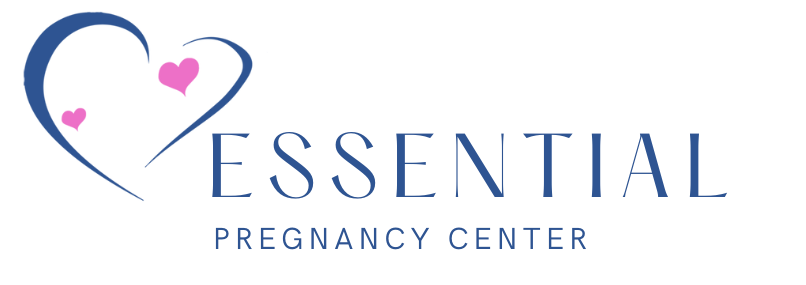The Dangers of Vaping During Pregnancy
As the popularity of vaping continues to rise, particularly among young adults, it is vital to understand the health implications it can have, particularly during pregnancy. In this post, we will delve deeper into the risks of vaping, with a specific focus on the heightened dangers during pregnancy. We'll also discuss practical ways to quit this harmful habit, empowering you to make health-conscious decisions.
Vaping is a practice involving the inhalation and exhalation of an aerosol, often known as vapor, produced by an e-cigarette or a similar device. While vaping is frequently presented as a safer alternative to traditional cigarettes due to the absence of tobacco smoke, it's crucial to note that it's far from safe. The Centers for Disease Control and Prevention (CDC) emphasizes that e-cigarettes can contain harmful substances such as heavy metals, volatile organic compounds, and other hazardous ingredients, including marijuana in some cases, all carrying potential health risks.
Pregnancy is a critical period in the lives of both the mother and the developing fetus, and the potential risks of vaping, including vaping marijuana, during this time can't be overstated. The delicate and complex process of fetal development is highly susceptible to external influences, vaping being one such influence. Studies show that the chemicals present in e-cigarette vapor, including but not limited to nicotine and compounds found in marijuana, can have detrimental effects on the fetus. These chemicals can negatively impact fetal brain development and lead to a host of other complications, including damage to the placenta, which can restrict critical nutrients from reaching the developing fetus.
The CDC suggests that nicotine exposure during pregnancy can result in sudden infant death syndrome, altered corpus callosum, deficits in auditory processing, and obesity. Additionally, nicotine consumption during pregnancy may also lead to premature births and reduced lung development.
In addition to nicotine, vaping products may contain harmful contaminants like metals and volatile organic compounds linked with respiratory and cardiovascular diseases. While research on the full impact of these contaminants on fetal development is ongoing, initial findings suggest possible negative effects. With research continually uncovering new risks associated with vaping, it is wise to avoid potential exposure during pregnancy.
It's vital to note that vaping is not a medically approved method to quit nicotine addiction. In fact, some studies suggest that vaping may lead to more intense nicotine addiction, perpetuating a cycle of dependence. For those looking to quit vaping, especially expectant mothers, the CDC recommends several safe and effective strategies, including counseling and FDA-approved quit aids. You should always consult your healthcare provider before deciding the best way to quit smoking or vaping, as individual needs vary.
Quitting vaping, like any addiction, requires a unique and personalized approach. It may not be easy, but with patience, the right resources, and a strong support system, it is achievable. Here are some practical steps you can take alongside professional help:
- Identify Your Triggers: Understanding the situations, places, or emotions that trigger your desire to vape can help you develop coping strategies to handle these triggers. This self-awareness is the first step toward breaking the habit.
- Stay Active: Regular physical activity can help distract you from cravings and reduce their intensity. Exercise also provides a host of other health benefits, which can be particularly advantageous during pregnancy.
- Reach Out For Support: Sharing your challenges with friends, family, or a counselor can provide the emotional support you need during the quitting process. You are not alone, and having others by your side can make all the difference.
At the Essential Pregnancy Center, we're committed to offering nonjudgmental support and providing resources to help you quit vaping during pregnancy. Connecting with a supportive community can make a significant difference in your journey to quit vaping. Your health and the health of your baby is our utmost priority.
Quitting vaping is not just beneficial for your health; it's critical for the health of your unborn child. The process might seem challenging, but it's achievable and more than worth the effort. If you or a loved one are navigating an unplanned pregnancy and need support or have questions about maintaining a healthy pregnancy, we're here to help. You can learn more about our free services or contact us today. We believe in empowering you with knowledge and support.
This blog post is meant for informational purposes only and should not replace professional medical advice. Always consult your healthcare provider about your specific health needs and before making health-related decisions. Each person's health journey is unique, and professional guidance is crucial for optimal outcomes.
When you subscribe to the blog, we will send you an e-mail when there are new updates on the site so you wouldn't miss them.
We respect patient privacy and comply with applicable privacy laws.
We do not offer, recommend or refer for abortions or abortifacients, but are a 501(c)(3) tax-exempt, faith-based, non-profit organization committed to offering accurate information about abortion procedures and risks.

